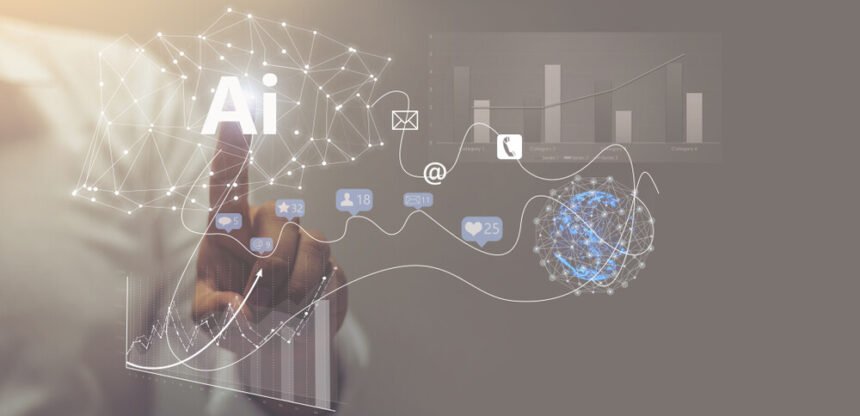When it comes to new technologies in email marketing, everyone’s attention is caught by artificial intelligence (AI). The talks about marketing teams replaced by robots in the near future make people feel a mixture of jitters and excitement.
The majority of email marketers can only guess what are the potential implications of AI on their work. Very few specialists know how exactly they can apply AI in their email marketing activities.
At the same time, marketing automation platforms add AI features to meet the trending demand for data-driven email campaigns and added segmentation. The enthusiasts, who were among the first to implement AI-functionality, already boast about the results they get.
Simply stated, today AI helps answer the eternal questions about who to send what and when. To predict the right time and content that most likely will convert an individual recipient, AI takes into account maximum available data and does this in seconds.
Thus, the biggest gain of AI for email marketing is in its ability to process big amounts of data, generate useful insights, and make predictions.
How does this resonate with the exact challenges businesses have? Let’s consider two non-typical challenges that have been resolved with the help of AI.
Challenge 1: Identification of Potential VIPs
Imagine that you know in advance who of your new customers is a potential VIP. You’d encourage the loyalty of this group from the start, won’t you?
It’s all about optimizing your business workflow and communications with new customers. You can offer them the experience they will enjoy and make sure they stay with your company and became loyal.
Good news is that the machine learning algorithms identifying potential VIP customers among the newcomers already exist. The AI analyses people’s behavior patterns within a week after their first order and makes predictions with 99% accuracy.
By identifying the potential VIPs at an early stage, you can start a targeted customer retention program for them. It can be a good way to maximize the number of customers in the VIP segment and increase their lifetime value.
The team behind a mobile app introduced this AI solution. Thanks to They managed to achieve a quarterly 35% increase in the number of VIP customers. and a 17% increase in the quarterly income.
Challenge 2: Optimal Email Frequency
What if someone could point you to those of your subscribers who most likely are interested in receiving the promotional email you are about to send? You’d choose not to send the email to the rest of the list of companies, to avoid bothering those who won’t open the message anyway, right?
Being able to manage the number and frequency of emails you send to every person in your list allows you to decrease your email marketing expenses. From the customers’ perspective, this means more relevant communication and better customer experience.
AI solutions for managing email frequency are already available on the market. They analyze subscribers by a range of parameters, such as customer lifetime, the number of emails received within a particular campaign, the types of emails they usually open, the time since the last relevant open.
It stands to mention that the email frequency recommendation AI doesn’t add any complexity to the day-to-day work of email marketing specialists. The workflow remains the same. You select a list for an email campaign and hit send. Next, the AI filters out from the list those who are unlikely to engage with the campaign. The emails are sent only to those who are likely to open them.
For example, an online retailer that sends up to 65 million emails per month decided to figure out how much money they would save with the help of the AI-based email frequency recommendation solution. As a result of the experiment, the company reduced the email marketing spend by 40% by halving the number of the sent emails. On top of that, the company got email click rate boosted by about 63% thanks to the increased relevance of the message.
Implementing AI Is A Challenge In Itself
Resources and time are required to get AI introduced in email marketing workflow. Everybody has doubts about whether it’s worth the effort.
Anyway, to decide whether it’s time for you to tap into machine learning technologies, you should get a clear understanding of what you can reasonably expect from AI-based marketing solutions. To look deeper into the matter, consider some success stories and case studies showing someone else’s experience. For instance, you can start with the case studies published by eSputnik.
Sooner or later, AI-powered email marketing will become common. Machine learning technologies promise to make an end of the era of bulk email campaigns. AI gives marketers hope that automated email communications will soon feel personal and relevant as never before.







